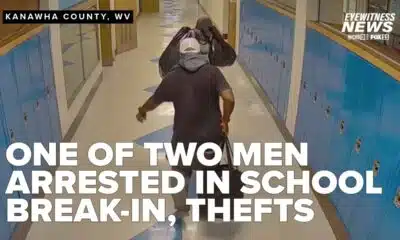(The Center Square) – Tennessee’s gas prices are second only to Mississippi at $2.70 on average for a gallon of regular unleaded, according to AAA.
Mississippi’s average gas price is $2.68.
The price is 2 cents lower than last week and a penny more than last month for Tennessee motorists, the organization said Monday.
Demand declined last week, according to the Energy Information Association. The end of spring break is part of the reason, according to AAA.
The price is 20 cents lower than Tennessee’s neighbor to the south. The average cost of a gallon of gas is $2.92 in Georgia.
The swing in gas prices could be attributed to economics, according to AAA.
“Lately, oil prices have taken a dive, presumably swayed by uncertainty about the economy and worries about a recession sneaking up on us,” said Montrae Waiters, AAA-The Auto Club Group spokeswoman for Georgia. “Because of this, demand is down, and we have not seen crude oil prices this low in several years. If we continue this trend, we could keep seeing pump prices drop as we roll into summer.”
Motorists are paying more at the pump in Johnson City, where the average price is $2.84. Cleveland has the least expensive gas at $2.55.
The national average is $3.15 a gallon. California has the most expensive gas at $4.84 a gallon.









































